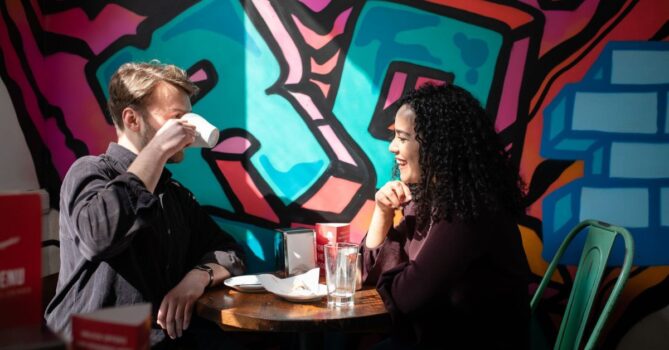Missing voices in culture, health and wellbeing research
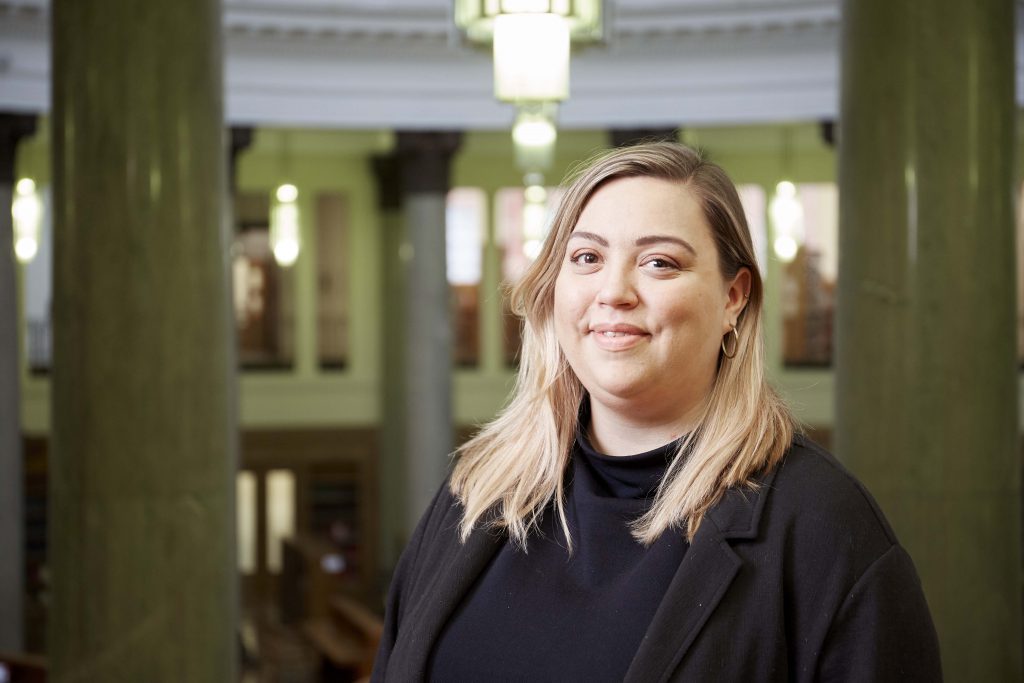
Cultural practitioners often find themselves working in challenging health and social care spaces. But is there enough support and training? In this article for Arts Professional, Dr Robyn Dowlen shares her thoughts, prompted by our recent digest exploring young people’s mental health.
This article was first published in Arts Professional on 25 November 2021.
During my PhD research, I had the pleasure of working with a musician and music therapist who were co-facilitating a programme that supported people living with dementia. I spent time with these practitioners on three separate occasions to review videos of the sessions and talk through the diary entries they had made about their experiences.
These conversations offered a wealth of knowledge for understanding the musical experiences of people living with dementia, but I was surprised the practitioners said they’d never had the opportunity to reflect so deeply on their practice before. And that the sessions had a significant impact on their own sense of purpose and wellbeing.
Cultural practitioners in health and social care settings are often the first to observe the tangible benefits to the health and wellbeing of those engaging with their practice, but often in the face of experiencing high levels of stress, exhaustion, or burnout themselves.
So, what research is there that seeks to understand practitioner experiences in culture, health and wellbeing contexts?
The missing voice of practitioners
At the Centre for Cultural Value, we review and summarise existing research to make it more easily accessible so its insights can be understood and applied more widely. One of our key roles is in identifying where there are gaps in knowledge.
Across a number of reviews of the culture, health and wellbeing theme, it has emerged that practitioner voices are rarely given any attention or considered as a voice of expertise. This has been particularly evident within our latest research review on the value of culture in supporting the mental health and wellbeing of young people.
Is training sufficient?
Our research reviews are shaped by the cultural sector through consultation surveys and research-shaping workshops. During a workshop focussed on younger people’s mental health, we asked practitioners what they would like us to investigate. The question on everyone’s lips was: “What training do cultural practitioners receive to be able to support young people taking part in cultural experiences for mental health and wellbeing?”
We took this question and looked to the literature to understand if there was any research that directly identified the training needs of cultural practitioners who were working with young people. We found two studies that reported that practitioners had received training to work with vulnerable young people.
However, the information provided was minimal:
“Theatre directors attended an initial training session where they were introduced to psychotic symptoms and disorders…” (Tang et al., 2019, p. 165)
“[Musicians] were trained to work with vulnerable participants, including prisoners and children, and they were supervised by the charity’s senior project manager.” (Daykin et al., 2017, p. 943)
The lack of reporting on the training that practitioners received, as well as their experiences of supporting and facilitating cultural experiences for young people, is both surprising and concerning given the complexities and challenges associated with working in this context.
We have previously highlighted the weighting of findings in this research area towards outcome over process, and this confirms that the vital role practitioners play in contributing to these positive outcomes is currently underexplored.
Calling for a renewed focus on the practitioner’s experience
The absence of research that includes practitioner experiences is not unique to the topic of young people’s mental health; it is something we have observed across a number of our research reviews. In 2020, we conducted one focussing on practitioner experiences, but could only identify two peer reviewed studies with this focus.
While there is clearly a growing evidence base for the specific role that arts and culture play in health and wellbeing, more attention needs to be paid to practitioners’ experiences so we can better understand the ways in which their skills and practice feed into the positive outcomes observed and reported within studies.
Organisations providing support
In practice, there are some fantastic organisations providing support to practitioners working in health and wellbeing contexts. Good examples include: Arts & Health Hub which supports practitioners through workshops and peer-support groups; the GLAM CARES network; the Culture Health Wellbeing Alliance which has a resource platform dedicated to practitioner support; Britten Pearce which offers musician MOTs; and practitioner-researchers such as Nicola Naismith who have dedicated the focus of their research to understanding the support needs of cultural practitioners.
But research in this area needs to catch on to the value of cultural practitioners themselves, and the appropriate routes for effective and sustainable training. Without acknowledging the key role practitioners play in these complex settings, there is a danger of oversimplifying the impacts that cultural programmes have on health and wellbeing.
Dr Robyn Dowlen is the Centre’s Postdoctoral Research Associate and host of the Reflecting Value podcast. Follow Robyn on Twitter @RobynDowlen
Read our research digest, Young people’s mental health.
Related news
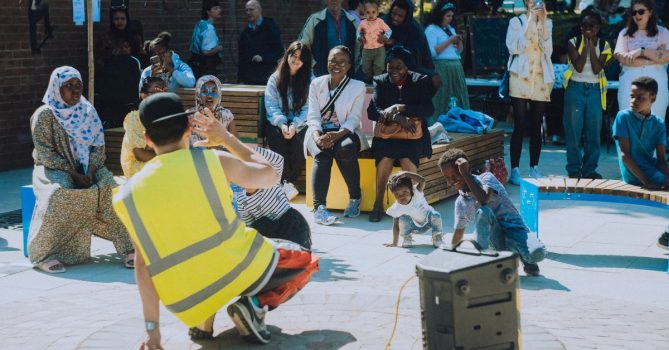
Cultural Vitality Labs: Placing participatory research and co-production at the heart of cultural evidence
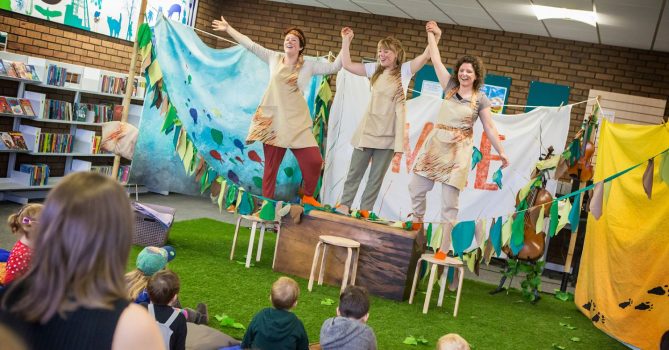
Building the next chapter
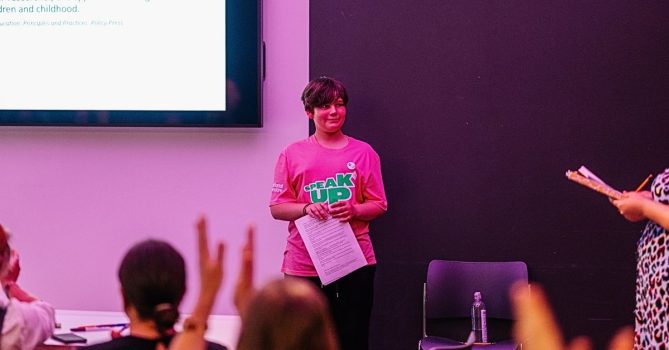
Empowering Youth Researchers: how handing over the research reins reveals fresh perspectives and deeper insights
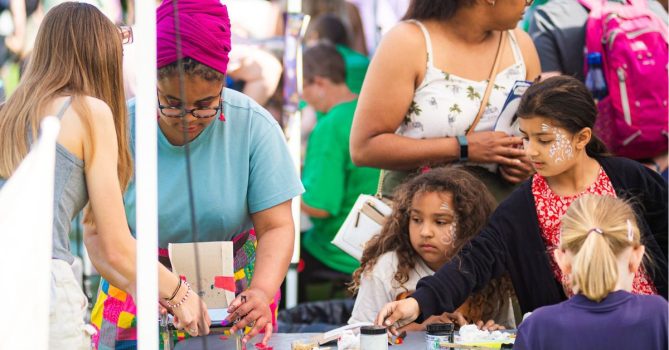
Rethinking Audience Spectrum through a cultural vitality lens
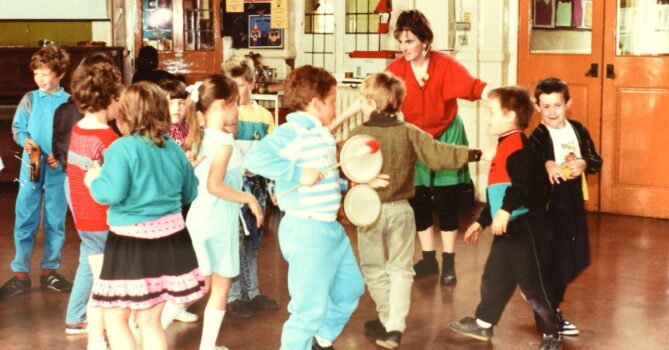
Junction Arts: Fifty years of creative placemaking
